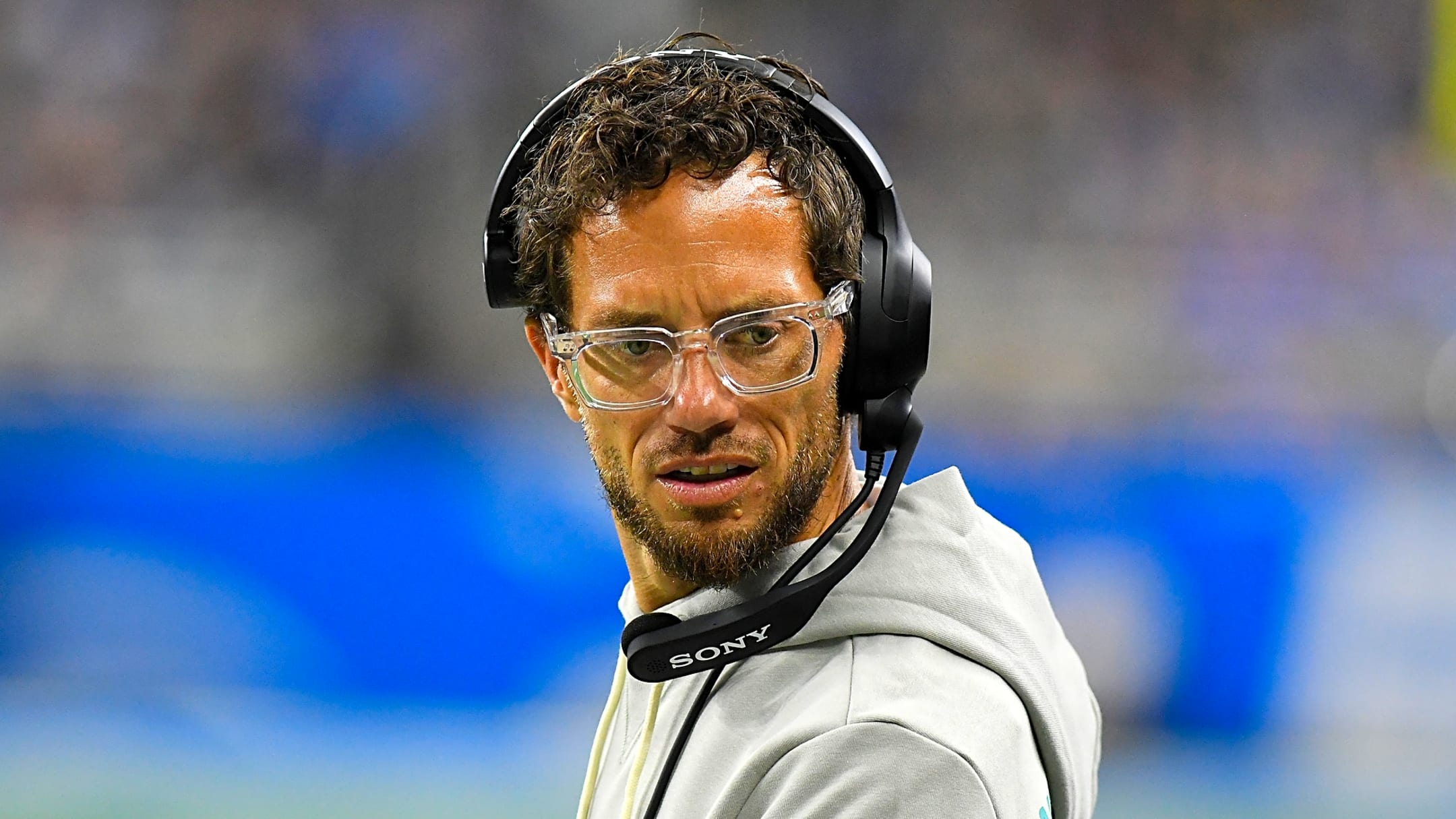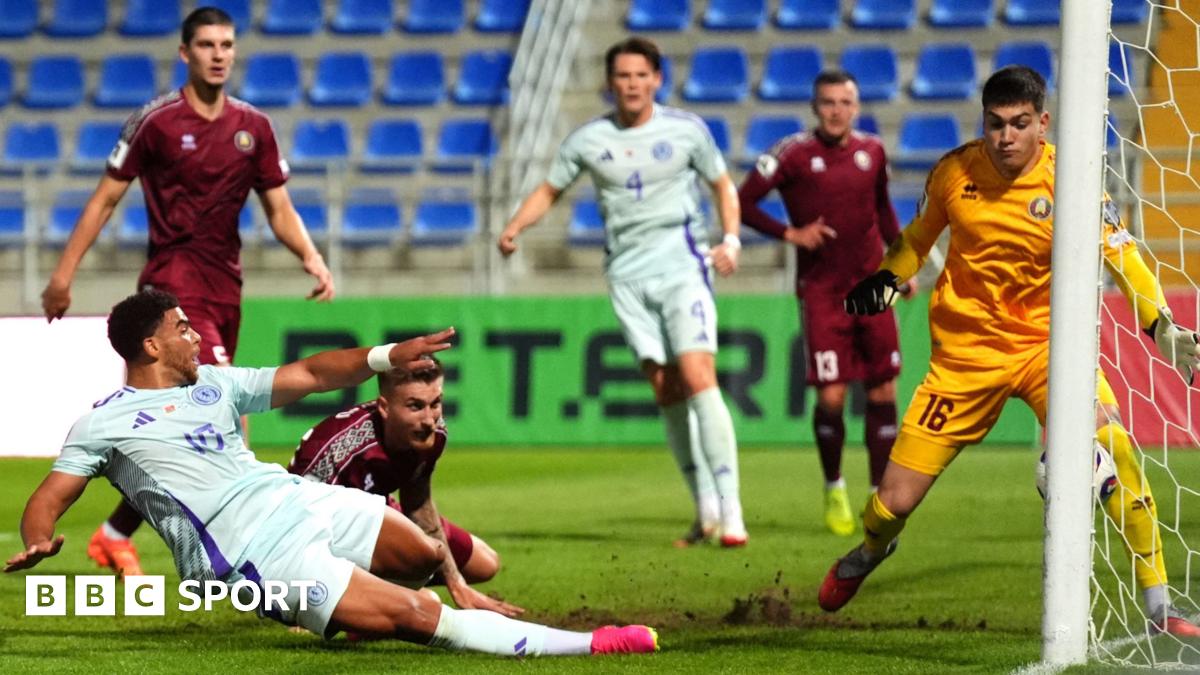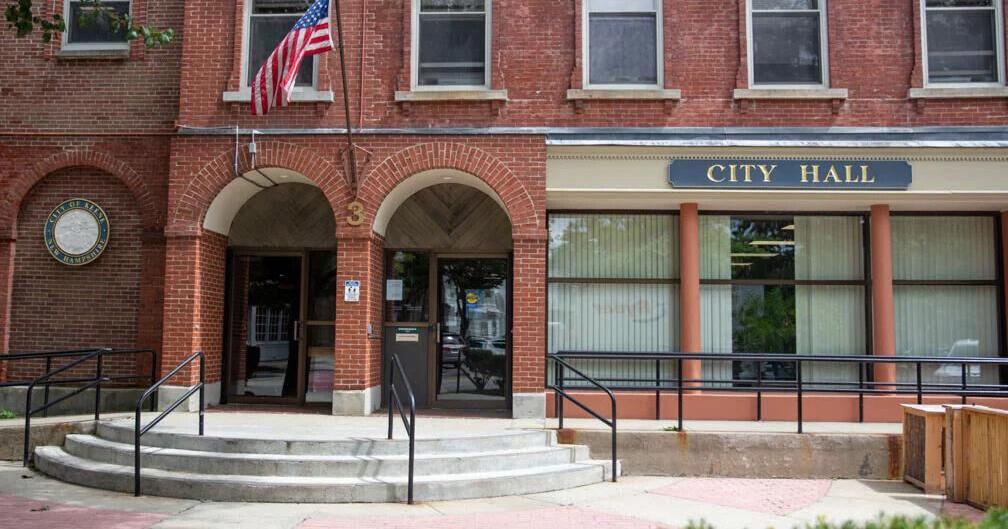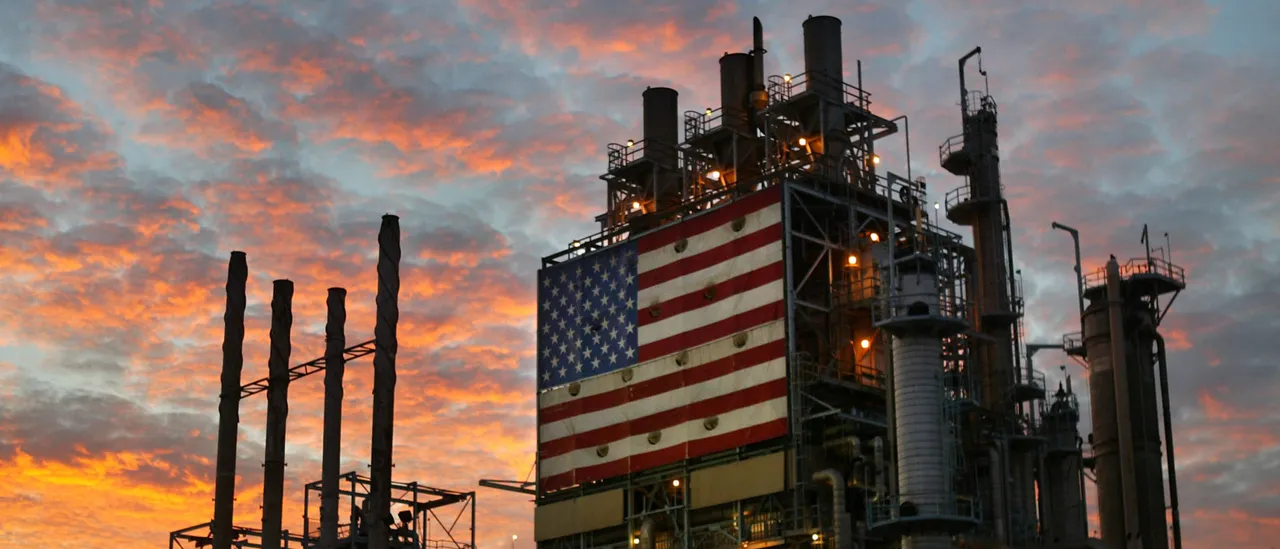By Adeola Olatunji
Copyright pulse
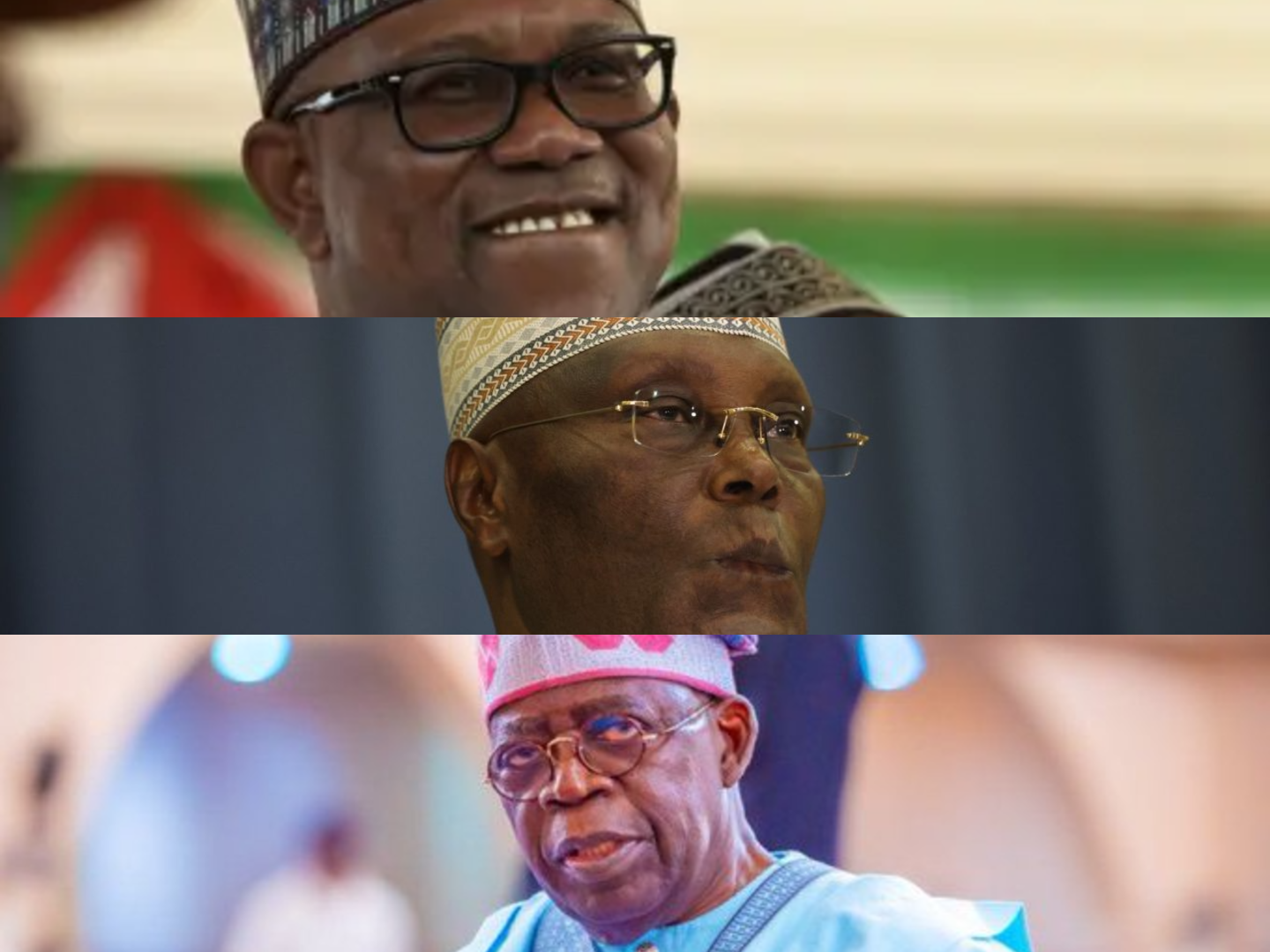
Every time Nigeria approaches a new election cycle, hope hangs in the air like clouds that may or may not bring rain. Already, with 2027 still many months away, the signs are here.
Political movements are forming, declarations are surfacing, coalitions and alliances are being made, and expectations are building more quickly than ever.
The political activities are gathering such momentum that the Independent National Electoral Commission (INEC) has warned political parties against embarking on premature campaigns, which would violate electoral law.
Still, Nigerians are hoping, maybe not loudly this time, but deeply, that there is someone who will do what the others could not. And that someone, somehow, will change everything.
But one thing we’ve learnt from history is that it keeps repeating itself.
Nigeria seems to follow a pattern where, no matter how passionate the campaigns or how compelling the manifestos, things always end in frustration.
After every new term, Nigerians return to the same old lament that nothing has changed. And that is because, whether we want to admit it or not, no one person can change Nigeria.
We have romanticised the idea of a political messiah for so long that it has become a cultural phenomenon. We wait for that one messiah who will fix the economy, restore security, end corruption, and bring dignity to our collective identity.
We put our hearts in their hands, often ignoring the deeply rooted issues within the system that are far bigger than any one person. Leadership is essential, yes. But leadership alone is not the problem and will never be the silver bullet solution.
Our Structural Realities as a Nation
The issues Nigeria faces are structural, generational, and deeply cultural in nature. A president can sign policies, give speeches, and appoint ministers. But they cannot be in every classroom, every police checkpoint, every place of worship, every family, every market stall, or every youth’s mind.
Change in Nigeria will not happen from the top alone; it must start from the root and grow upward.
We often speak about corruption as if it were a disease that only infects the elite, but it is woven into our everyday fabric. Things like jumping queues, using a fake driver’s license, forging certificates, parents encouraging cheating (via special centers, JAMB fraud), stealing, disobeying traffic laws, and several other actions have become normalised in our society.
The danger with these normalised acts is that they build a culture where dishonesty and shortcuts are rewarded. When a child sees their parents pay and take them to ‘special centres’, they learn that success can be bought.
As people cut corners and get away with it, a society is born that views corruption as a default way of life.
This everyday corruption also makes it difficult to hold leaders accountable. Citizens who benefit from small and normalised corrupt practices believe they have no moral ground to challenge the big corruption at the top.
The same person who bribes an official to expedite a document cannot thoroughly criticise a politician who embezzles public funds, because both are essentially the same.
Politicians are not aliens. They were also born and raised in the same corrupt system, one that is a major influencing factor on why and how they run the government the way they do. We cannot keep blaming politicians for habits we have normalised in our own daily lives.
The Foundation of Character
There is the role of religion, which is powerful, persuasive, and ever-present in our society. Nigeria is one of the most religious nations on earth, yet our values and behaviours often contradict the teachings we claim to follow.
We pray for peace but fight over tribal differences. We shout about blessings but overlook justice.
Many spiritual leaders speak passionately about prosperity but remain quiet on civic responsibility, moral integrity, and holding the powerful ones accountable. If our religious institutions do not teach responsibility beyond spiritual success, what foundation are we laying for the future?
It’s the same with parenting and education. A nation is only as strong as the people it raises. If children grow up watching adults glorify shortcuts, celebrate fraud, and dismiss honesty as naivety, what kind of citizens are we expecting them to become?
If schools focus solely on certificates instead of developing character, how can we expect young people to lead with empathy, innovation, and courage?
Beyond the Ballot Box
Yes, we will vote in 2027. However, we must thoroughly examine the candidates and scrutinise their promises. We must stay engaged and involved beyond hashtags and online trends.
If our involvement in Nigeria once again ends at the ballot box, we will have missed the bigger picture. Our votes matter, but our values matter more.
Our systems, including the unwritten rules and shared norms that govern how we live, work, worship, and relate, are what truly shape the nation. And those systems are built by people, not just leaders.
This is not to absolve the government of its failings or suggest we excuse incompetence. It is far from it. Our leaders must be held accountable, as they have taken oaths to serve the public.
But while we challenge those in office, we must also challenge ourselves. We must reject the idea that nation-building is someone else’s job or a miracle from a messiah.
To believe that there is a political messiah that can reset everything is a fantasy and a dangerous one at that. This is because when they inevitably fail to meet our impossible expectations, we return to cynicism, apathy, and blame. And the cycle begins again.
However, when we make changes within ourselves, combined with effective policies and proper implementation, only then can there be a genuine transformation.
The Real Transformation
The real saving Nigeria needs is not loud. It does not always look like protests or campaign rallies. It is a quiet but deliberate one which starts from our homes, in our hearts, in classrooms, in religious centres, in office culture, in traffic rules, and in how we treat each other when no one is watching.
That is where true transformation begins. And that is the kind of change that no messiah can give us, but we have to build it ourselves.
The hard truth is that no messiah is coming to save Nigeria. While having a visionary and disciplined leader is essential, our major transformation lies in building a generation of citizens who are ready to think differently, act boldly, and live with integrity even when it’s inconvenient.
What we need is everyone in between, doing the right thing, even in small ways, because in the end, Nigeria is for us all.
